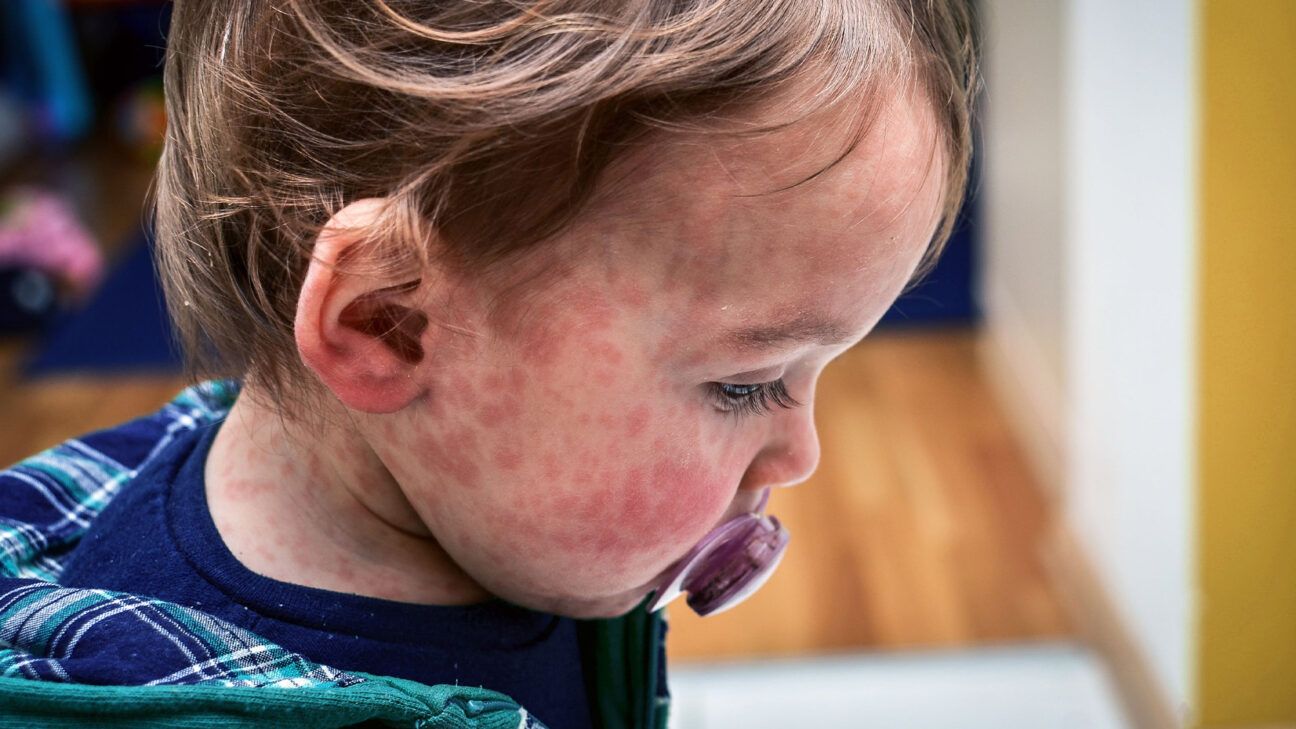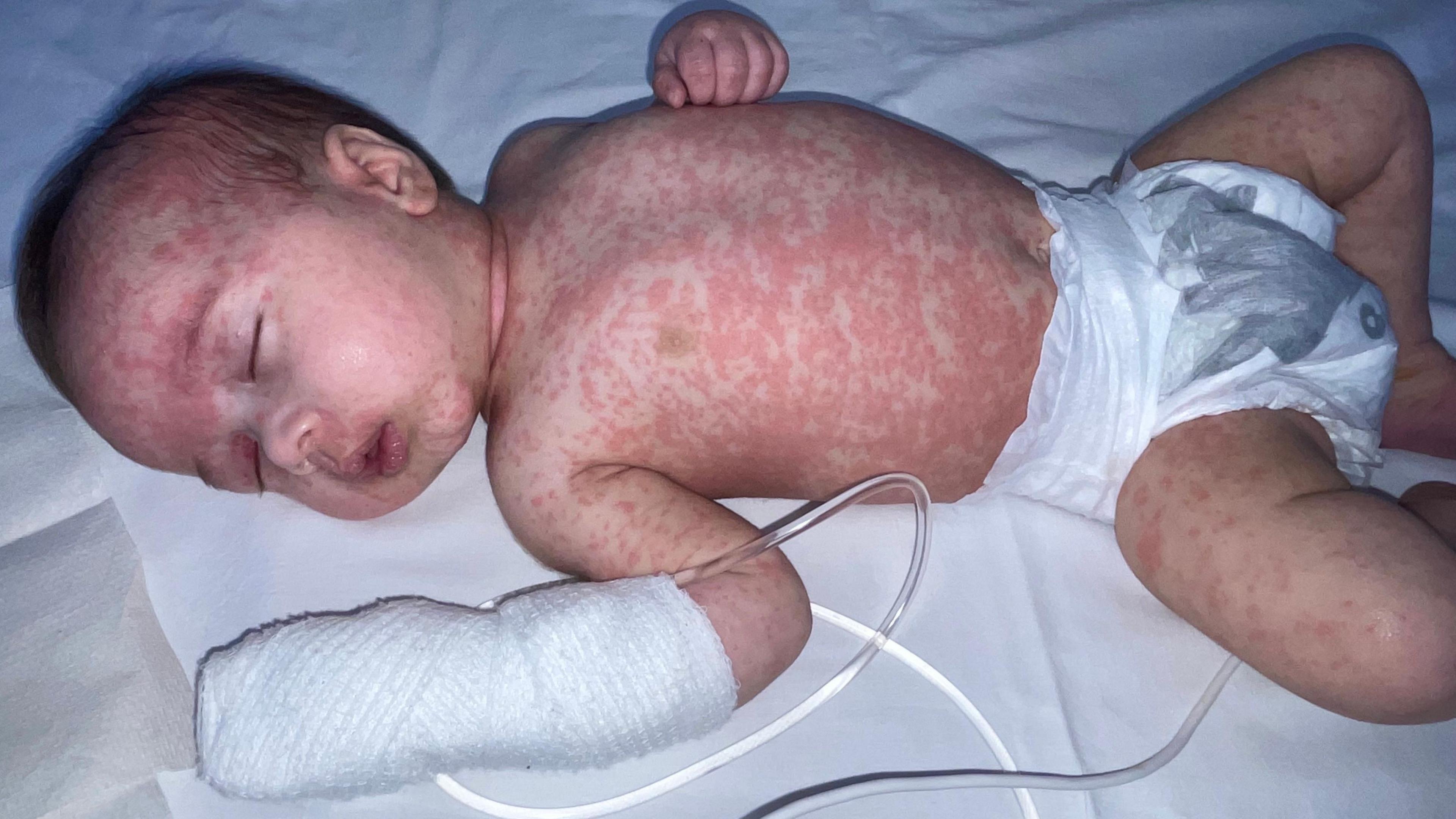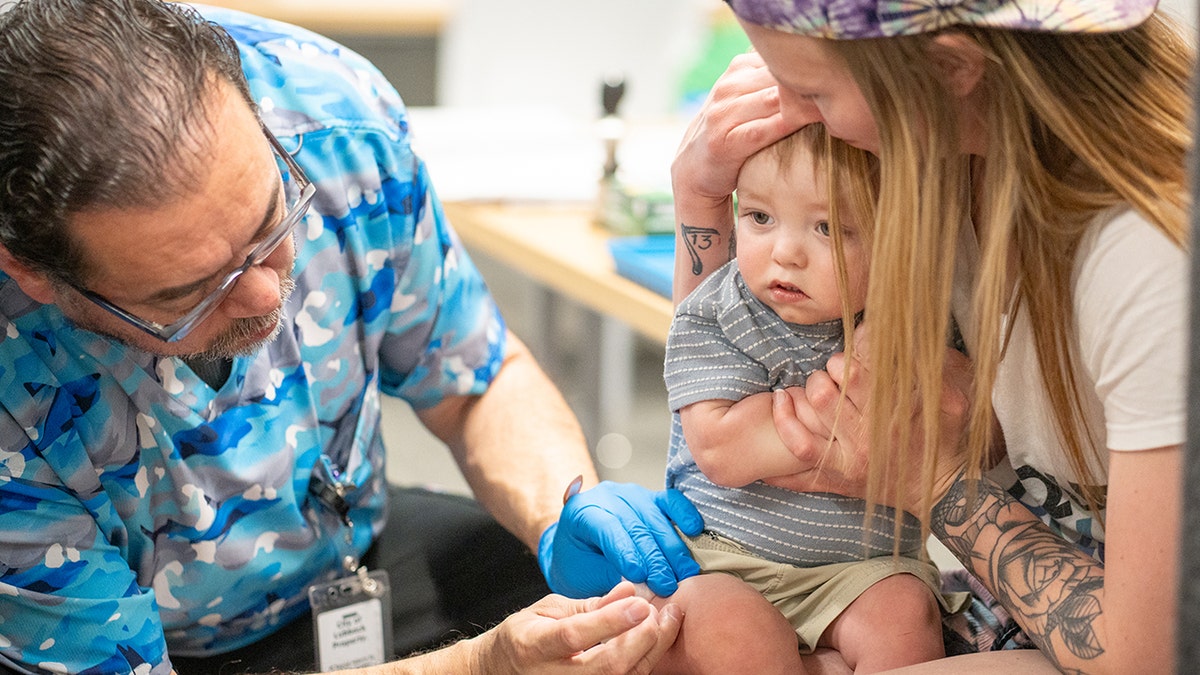Child Dies from SSPE: Rare Measles Complication Highlights Importance of Vaccination, LA Health Officials Report
The Los Angeles County Department of Public Health recently reported a tragic case: a child died from Subacute Sclerosing Panencephalitis (SSPE), a rare but devastating complication of measles. This case serves as a stark reminder of the serious consequences of measles and the critical importance of widespread vaccination. While measles cases have significantly decreased with the advent of the measles, mumps, and rubella (MMR) vaccine, this recent event underscores the ongoing need for vigilance and public health awareness.
What is Subacute Sclerosing Panencephalitis (SSPE)?
SSPE is a progressive, debilitating neurological disorder that develops years after a measles infection. It is extremely rare, but almost invariably fatal. It affects the central nervous system, leading to a gradual decline in cognitive and motor skills.
Understanding the Connection Between Measles and SSPE
The measles virus, even after the initial infection clears, can sometimes persist in the brain. Over several years, this persistent virus can cause inflammation and damage, ultimately leading to the development of SSPE.
- Latency Period: The time between the initial measles infection and the onset of SSPE symptoms can range from several months to over a decade.
- Risk Factors: While anyone who has had measles is at risk, the risk is higher for those who contracted measles at a young age (under two years old).
- Rarity: SSPE is estimated to occur in roughly 1 in 10,000 to 1 in 100,000 individuals who contract measles, although this risk is significantly higher in infants.
Symptoms and Progression of SSPE
SSPE is a progressive disease, meaning its symptoms worsen over time. Early symptoms can be subtle and easily overlooked.
- Early Symptoms:
- Gradual decline in school performance
- Personality changes
- Forgetfulness
- Clumsiness
- Progressive Symptoms:
- Muscle jerks (myoclonus)
- Seizures
- Vision problems
- Difficulty walking and speaking
- Cognitive decline leading to dementia
- Late Stages:
- Vegetative state
- Death
Unfortunately, there is no cure for SSPE. Treatment focuses on managing symptoms and providing supportive care.
The Crucial Role of Measles Vaccination
The MMR vaccine is highly effective in preventing measles and, consequently, SSPE. Widespread vaccination is the most effective strategy to eradicate measles and protect individuals from this devastating complication.
- Vaccination Rates: Maintaining high vaccination rates within communities is essential for herd immunity, which protects those who cannot be vaccinated, such as infants too young to receive the vaccine and individuals with certain medical conditions.
- Effectiveness: The MMR vaccine is approximately 97% effective in preventing measles after two doses.
- Safety: The MMR vaccine has been extensively studied and is considered safe and effective by leading medical organizations, including the Centers for Disease Control and Prevention (CDC) and the World Health Organization (WHO).
LA Health Officials Urge Vaccination Following SSPE Death
Following the report of the child’s death from SSPE, Los Angeles County health officials are reiterating the importance of measles vaccination for all eligible individuals. They urge parents to ensure their children are up-to-date on their vaccinations to protect them from measles and its potential complications, including SSPE.
This tragic case serves as a powerful reminder that measles is not just a childhood illness; it can have long-term and potentially fatal consequences. Vaccination remains the most effective tool we have to prevent measles and protect our communities.
Conclusion:
The death of a child in Los Angeles County from SSPE is a heartbreaking reminder of the serious and potentially fatal complications of measles. While SSPE is rare, it highlights the critical importance of maintaining high measles vaccination rates to protect individuals and communities from this preventable disease. By ensuring widespread vaccination, we can strive to eradicate measles and prevent future tragedies like this from occurring.
Frequently Asked Questions (FAQs)
What should I do if I think my child has measles? Contact your doctor immediately. They can diagnose the infection and provide appropriate care. It’s important to call ahead and inform the office that you suspect measles so they can take precautions to prevent the spread of infection.
Is the MMR vaccine safe? Yes, the MMR vaccine is considered safe and effective by leading medical organizations worldwide. Serious side effects are extremely rare.
Can you get SSPE even if you had measles as a child before the vaccine was available? Yes, anyone who has had measles, regardless of when they contracted it, is potentially at risk for developing SSPE.
How many doses of the MMR vaccine are recommended? Two doses of the MMR vaccine are recommended for children. The first dose is typically given between 12 and 15 months of age, and the second dose is given between 4 and 6 years of age. Adults who are not immune to measles should also receive the MMR vaccine.
Where can I get the MMR vaccine? The MMR vaccine is widely available at doctor’s offices, clinics, and pharmacies. Contact your healthcare provider to schedule an appointment.




